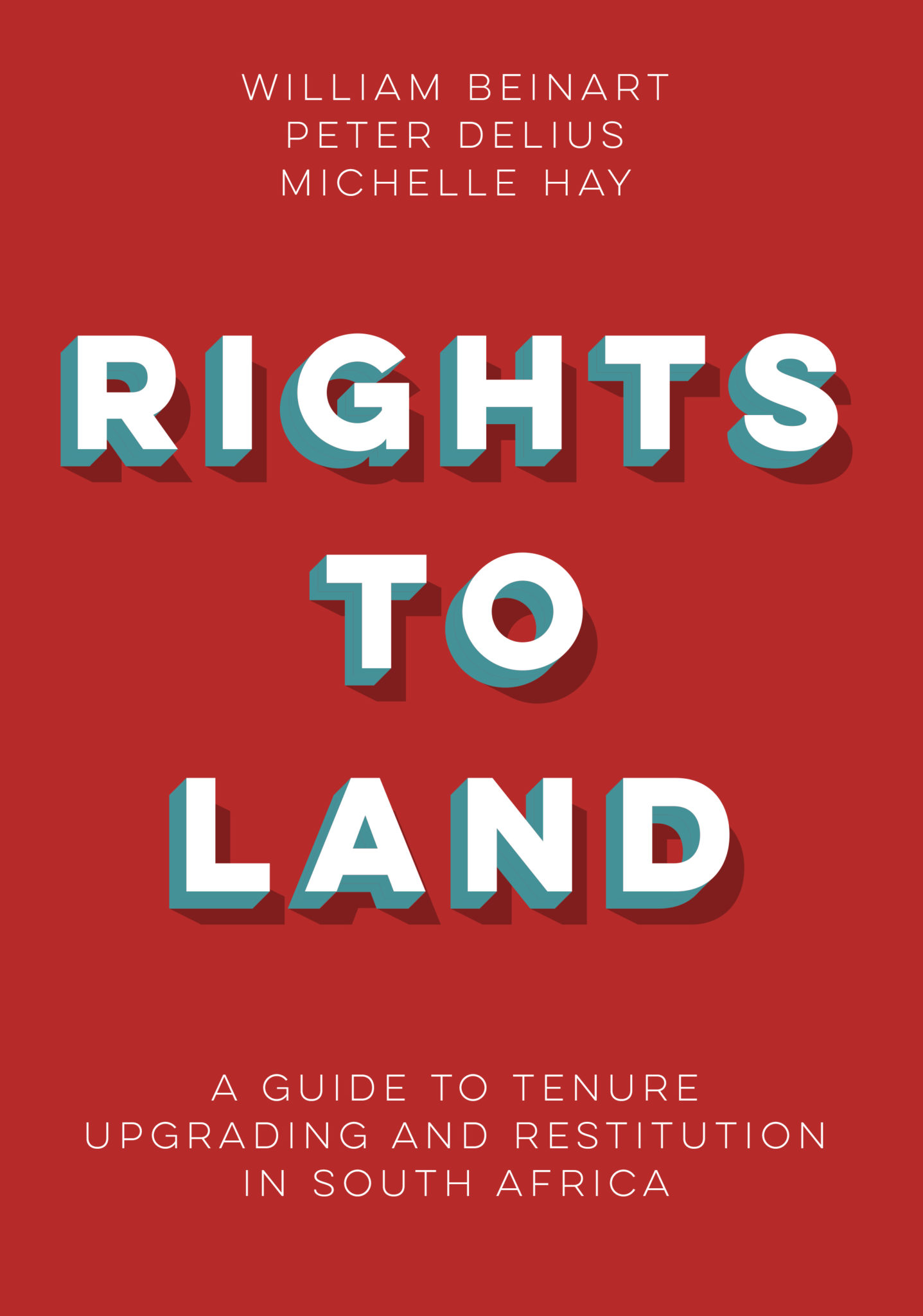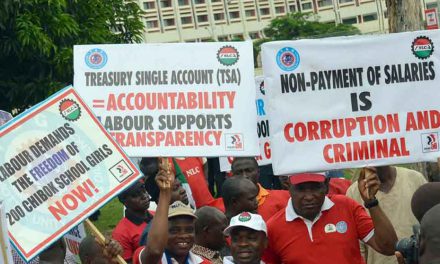
Policy Recommendations
– Nigeria’s mineral revenue sharing formula needs a revamp, to incentivise states beyond the meagre 13% derivation that applies in the more mature oil and gas sector.
– To co-opt states as effective mineral sector administrators, the federal government should target the multiple legal, administrative, practical and other obstacles preventing states from attracting investment partnerships. This will help grow their mineral rents and broader internally generated revenues.
– Reform targeting the artisanal and small scale mining sector needs to be accelerated, in order to unleash poverty reduction and broad-based (especially women) empowerment using Nigeria’s vast development mineral reserves, including semi-precious stones and ornaments.
– A more gender sensitive approach to mining is needed to eliminate legal and other constraints faced by women, such as sections 55 and 56 of Nigeria’s 2004 Labour Act, which prohibit women from working in mines at certain hours and from undertaking manual labour underground.
– A greater focus on experience-sharing among Nigerian stakeholders – and with African peers – will yield practical insights into securing inclusive benefits from the mining sector. This is essential to transcend Nigeria’s extant revenue focus, and to expand jobs, skills and development finance opportunities at the grassroots where their poverty reduction and social transformation impact is greatest.
Introduction
The pressure to diversify Nigeria’s economy presents opportunities. Yet, deeper reform in mining is needed to realise the sector’s enormous potential. If there is an African country that requires sustainable mining to drive manufacturing for its large internal market, that country is Nigeria. Getting mining right also holds out the promise of national self-redemption, with success potentially mitigating the legacy of the ‘oil curse’. A widely respected mining sector which supports Nigeria’s industrialisation ambitions could be within grasp. This though calls for new governance approaches and dynamic stakeholder learning on a scale never before seen in Nigeria.
Bold changes can help align Nigeria’s mining with global best practises. These include the fiscal, conflict-management, social inclusiveness, technical linkage and the human and gender rights dimensions of governance in the sector. Even as geological exploration lags, Nigeria’s known reserves – modestly estimated at 47 distinct minerals – could support the creation of 250,000 new jobs. The 7th Sustainability in the Extractive Industries (SITEI) conference took place recently in Abuja. With its theme of ‘Managing Conflict and Security’ the conference highlighted Nigeria’s sustainability challenge which hampers the sector.
Road less travelled
Adorning the walls of informal money-changers throughout Nigeria, an untrained eye may not recognise the value of ornaments created from Nigeria’s semi-precious stones. From upmarket hotels in Abuja and Zamfara, to merchants’ shops in Bayelsa, Lagos and Yola, these semi-precious stones are among the most sought after items by discerning foreign visitors to our shores. Expatriates can usually acquire these ornaments at a fraction of their cost in Asia, Europe and North America. With proper regulation, training and market support, Nigeria’s semi-precious stones, together with dimension stones could provide sustainable livelihood for millions of its citizens. The United Nations Development Programme has been working to increase awareness of the sector’s potential, most notably in its development minerals programme which convened a West Africa regional workshop in Accra in 2016.
As the Abuja sustainability conference unfolded, major national newspapers reported on multiple mining-related incidents in Ebonyi state. These point to worsening communal conflicts driven by illegal mining activities; alleged police brutality against host communities; intra-community rivalries with factions granting partial ‘consent’ to mine operators; and non-compliance of some licenced miners with state tax regulations. In addressing its extractive challenges, some observers complain that Nigeria copies foreign solutions that are ill-suited to our context. In mining, it seems that the key difficulty resides in our treatment of minerals with their distinctive value chains and high labour absorptiveness in the same way that we treat the more mature oil and gas sector.
Whereas states and local authorities are at the frontline, Nigeria’s 13% derivation formula offers paltry incentive to these grassroots governance actors to help reorganise the sector to drive job creation. Unless we give states an attractive stake, Nigeria’s dream of improved mineral sector governance will remain a pipe-dream. If so, we risk in the longer-term being saddled with stranded assets – mineral and energy resources that are no longer economically viable to extract – because we failed to capitalise on them before the world’s productive systems shift wholesale to renewables.
Changing the ground-rules
Any suggestion that states be given autonomy over mines, with a percentage of mineral revenues being remitted to the federal government, is bound to prove controversial. Yet, successful mining countries with federal constitutions similar to ours, including Canada and Australia, allow states control over their mineral endowments. Such arrangement could help states to aggressively grow their internally generated revenues whilst rebuilding tax and royalty collection systems.
Nigeria under President Buhari has been receiving help from the African Mining Vision (AMV), a pan-African initiative for good governance in the mining sector with seven distinct principles on linkages, environmental protection and others. It was endorsed in 2009 by African Heads of State. Working with members of the African Union (AU) Technical Working Group (TWG) advising the institution on AMV implementation, the AU and the UN Economic Commission for Africa (UNECA) began consultative missions to Nigeria’s mining ministry in February 2016.
The Fayemi-led mines and steel ministry achieved much in terms of the process revamps that are needed, notably in the endorsement of the mining roadmap by the Federal Executive Council in 2016. Among other measures, Nigeria now offers mining investors a three-year tax holiday and a duty-free importation of equipment. Steps are being taken to establish the Nigerian Mining Commission as regulator in the sector and a ‘strategic partnership’ between the federal and state governments on mining is also on the cards.
Nevertheless, much remains to be done, including striking the right regulatory and revenue-sharing balance between the federal and state governments. We should not pretend that we can impose the same fiscal provisions in the embryonic mining sector as those in the well-established oil and gas industry. Adjusting mineral revenue-sharing may require bold changes to Nigeria’s constitution. Inclusive analysis of benefits, diligent sensitisation in mining communities, and proactive consultations among regulatory, corporate, communal and CSO stakeholders will help.
Also, a more substantive gender focus is needed. This will increase the prospects for pro-women, poverty-reduction strategies in the sector, particularly in artisanal and small scale mining. Beyond recalibrating the state-federal fiscal formula, legislative changes should provide for community mining trusts to forestall local strife. Amending gender-discriminatory clauses in the 2004 Labour Act – such as section 55 which excludes women from working at certain hours and section 56 which prohibits the employment of women for manual labour underground – is also key. We must allow women choice even whilst sensitising them on the hazards of working underground. This applies also to operations such as the sieving of ores. Women are preferred for sieving because of their painstakingness. This though disproportionately exposes them to harmful substances such as lead and mercury.
Recovering lost ground
Momentum has since been lost in the Nigeria-AU-UNECA consultations. Still, Nigeria remains one of the more promising contexts for actualising the AMV’s sustainability principles. Going forward, our policymakers must seek closer alignment with AMV principles. We should couple external learning with deeper introspection of Nigeria’s own experiences. We can leverage for example Nigeria’s successful local content approaches in the oil industry. That should make for richer exchanges with African peers and foster holistic national learning. With our large internal market suited to mineral benefaction and minerals-based industrialisation, we could see several green-field mining projects rapidly emerge.
To maximise potential, Nigeria requires a reformed mining education curriculum covering mineral geology, engineering, monitoring Environmental and Strategic Impact Assessment (ESIA), and information technology to drive the mining cadastre. Industry and regulators must work together to identify skills gaps and design trainings specifically for the sector. Whilst approving concessions, we need beefed-up arrangements to monitor Free, Prior and Informed Consent (FPIC). If we fail to protect local rights, we will endanger corporate sustainability and stoke conflicts such as the one in Ebonyi and elsewhere. That surely will put paid to the creation of shared value in Nigeria’s resurgent mines. Click here to download
* Dr. Ola Bello, @drolabello holds MPhil and PhD degrees from Cambridge University and is the Executive Director of Good Governance Africa Nigeria (GGA). Copyright©2018 Vol 4, No 10. GGA Nigeria. All rights reserved.
Dr Julia Bello-Schünemann is a multilingual research consultant. She is versed in integrated forecasting across sectors (including demographics, infrastructure, economics, conflict and violence, etc.), trend and risk analysis, data analysis, policy advice for governments and international organisations. Her expertise straddles Africa, Latin America, the Caribbean, and the European Union. She possesses vast experience in project management, fundraising, strategic planning, multi-stakeholder consultations, training and facilitation. She is currently an Associate Senior Research Consultant with Good Governance Africa-Nigeria. She holds a PhD in International Relations from the Complutense University Madrid, Spain and an MA in Communication, Political Science and Economics from Ludwig-Maximilians-University, Munich in Germany.












